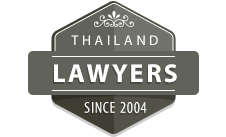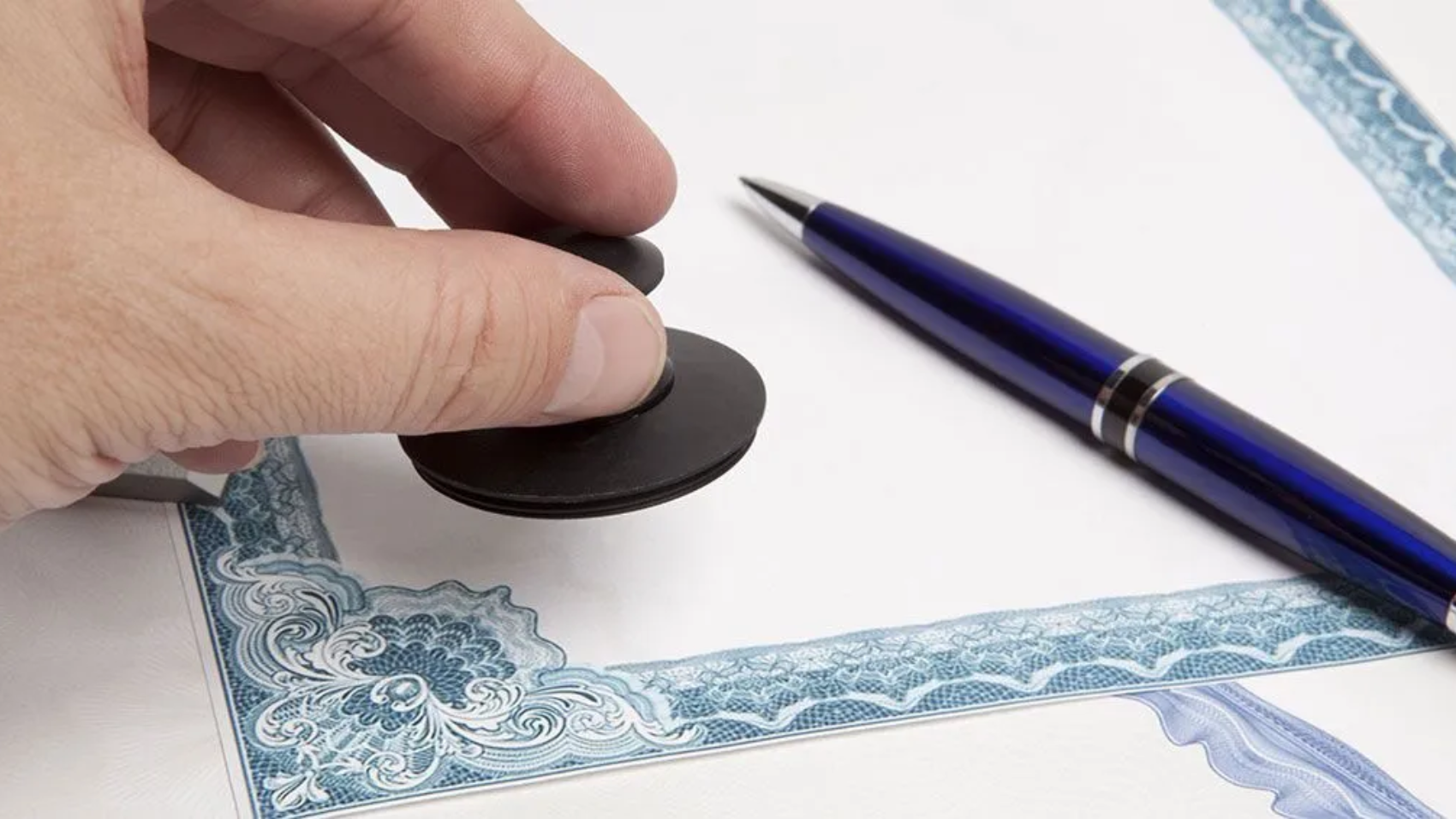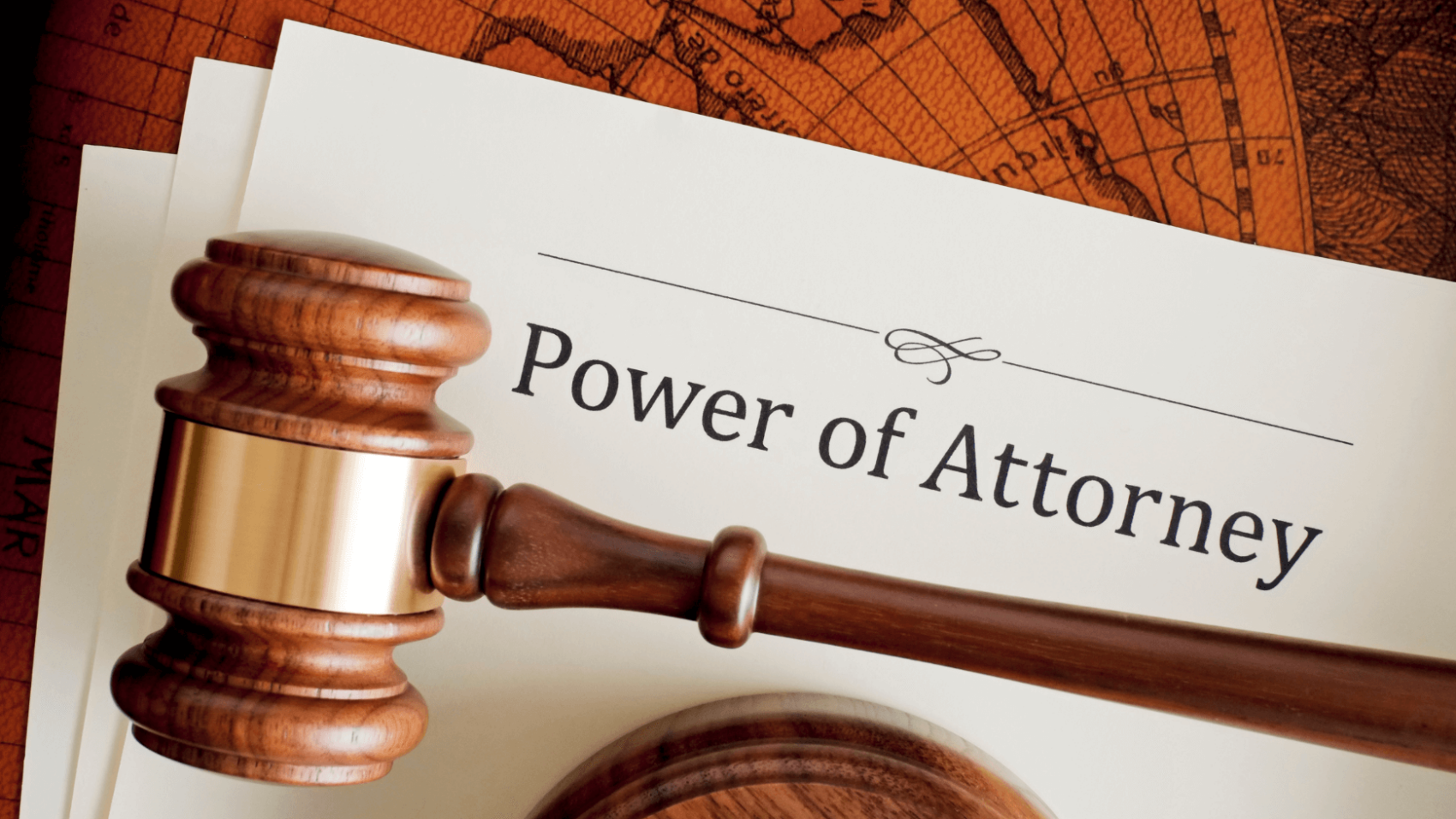Last Will and Testament in Thailand. A clear, correctly executed last will and testament is the best way to control what happens to your property and dependents after death in Thailand. Mistakes in form, inconsistent cross-border drafting, or failure to register crucial documents are frequent causes of delay, expense and family conflict. This article explains the Thai legal framework, the recognized will forms and their formalities, probate and estate administration practice, special issues for foreigners and cross-border estates, common drafting pitfalls, and a practical implementation checklist you can use immediately.
Why a will matters in Thailand (practical perspective)
Thailand’s Civil and Commercial Code governs succession. Without a valid will, property passes by statutory intestacy to heirs in a fixed order—often producing results that differ from the testator’s intentions. A valid will that complies with Thai formalities speeds transfer, reduces litigation risk, and gives you control over executors, guardianship for minors, and the timing or conditions of distributions. Conversely, a defective will can be challenged and treated as invalid, forcing the estate into intestacy proceedings.
Capacity and who can make a will
To make a valid Thai will a person must have testamentary capacity under Thai law (typically at least 15 years old and of sound mind for testamentary acts). Capacity is assessed at the moment of execution: courts may examine medical evidence if capacity is disputed. If you expect future capacity issues, consider making a will sooner rather than later and using robust evidentiary steps (medical certificate, witnesses who can attest to lucidity).
The five recognized will forms — choose according to risk
Thai law recognises five types of valid wills; each has strict formalities that, if omitted, can invalidate the document.
-
Ordinary written will — the most common. The testator signs a written document in the presence of at least two witnesses, who sign in the testator’s presence. Use this for most personal estates.
-
Holographic will — entirely handwritten, dated and signed by the testator in their own handwriting. No witnesses are required. It is convenient but vulnerable where handwriting is later disputed.
-
Public (notarial) will — executed before a public official (often the district officer) and recorded in the public register; offers high evidentiary weight and is recommended for complex or high-value estates.
-
Secret will — the testator seals the will and submits it to a public officer who records its reception; useful when confidentiality is critical.
-
Oral will — extremely limited use: made when death is imminent, and subject to strict evidentiary standards. Avoid relying on this except in true emergencies.
Practical rule: ordinary written and public wills give the best balance of practicality and security for most testators.
Witnesses, conflicts and execution pitfalls
When witnesses are required, they must sign in the presence of the testator. Do not use witnesses who are beneficiaries (or spouses of beneficiaries) — they may be disqualified from inheriting or their part of a legacy may be void. Avoid clerks who prepare the will or staff of institutions that benefit from the will acting as witnesses. Always retain original signatures; courts prefer originals to copies.
Executors, guardians and key clauses to include
An effective will does more than name beneficiaries. Useful practical clauses:
-
Executor appointment with express powers: collect assets, pay debts/taxes, sell or mortgage property, operate bank accounts, and distribute legacies. Give alternates.
-
Guardianship nomination for minor children with power to manage funds for their maintenance and education.
-
Specific legacies (cash, jewelry, bank accounts, assets clearly identified).
-
Residuary clause directing the remainder of the estate.
-
Tax-apportionment clause (who pays estate taxes, transfer taxes, fees).
-
Powers to sell or continue a business and directions about valuation or sale procedures.
-
Contingent beneficiary provisions if primary beneficiaries predecease you.
Draft powers sufficiently broad so the executor can avoid repeated court applications.
Probate and estate administration — step by step
-
Death certificate: obtain the official Thai death certificate.
-
Locate the original will: file the will with the court or present it to the probate registry. If a public will was made, obtain the recorded copy from the public register.
-
Validation (probate): courts review execution formalities and admit the will to probate. Witness affidavits or sworn statements may be required.
-
Inventory and creditor notices: identify assets and notify creditors; pay debts and taxes from estate funds.
-
Tax clearances and transfers: pay transfer taxes or stamp duties; present tax receipts for Land Department or bank transfers.
-
Distribution and title transfers: transfer land titles at the Land Office (requires probate documents and tax/fee payments) and distribute remaining assets.
Timelines vary: simple estates may be closed in months; contested or cross-border estates can take years.
Foreigners and cross-border estates — best practice
If you own assets inside and outside Thailand:
-
Use a Thai-situs will limited to property located in Thailand, and a separate home-jurisdiction will for foreign assets. This avoids cross-jurisdictional conflicts and simplifies local probate.
-
Confirm land ownership rules: foreign ownership of land is restricted. If you are a foreigner, ensure any testamentary dispositions of land comply with Thai land law (e.g., use of lease structures, superficies, or company ownership where lawful).
-
Legalization and translations: foreign documents (marriage certificates, prior wills, powers of attorney) must be translated into Thai and apostilled or consularised where required. Keep both originals and Thai certified translations.
-
Consider tax and exchange-control implications for repatriation of proceeds. Engage local tax counsel early.
Disputes, contests and common causes of litigation
Typical grounds for challenges include lack of formalities (wrong number of witnesses), alleged lack of capacity, undue influence, forgery, or inconsistent multiple wills. To reduce risk:
-
keep contemporaneous evidence of execution (video or signed attestations),
-
use a public/notarial will for high-value or complex estates, and
-
communicate intentions to key family members to reduce surprise and suspicion.
Estate taxes, fees and practical cost items
Transfer taxes and fees apply to property transfers (Land Department fees, specific transfer stamps) and certain fiscal obligations apply before distributions. Executors must file final tax returns and obtain receipts—Land Office will not transfer titles until tax and fees are paid.
Practical checklist before you sign
-
Choose a will form (ordinary written or public recommended).
-
Prepare a full schedule of assets and liabilities (accounts, land, insurance, pensions).
-
Appoint executor(s) and alternate(s); nominate guardians for minors.
-
Use at least two independent, non-beneficiary witnesses.
-
For foreigners: prepare a Thai-situs will for assets in Thailand and legalise foreign documents; use certified Thai translations.
-
Store the original securely but ensure the executor knows its location; consider lodge/registration with a trusted lawyer or the court registry.
-
Review and update the will after major life events (marriage, divorce, birth, significant asset changes).
Final practical note
A last will is effective only if it is legally valid, easy to administer, and integrated into a broader estate plan (tax and property-structure review, guardianship and cross-border coordination). Small formal errors cause outsized problems under Thai procedure—use experienced Thai counsel to draft or review your will, register translations where required, and coordinate probate strategy if you have offshore assets.





